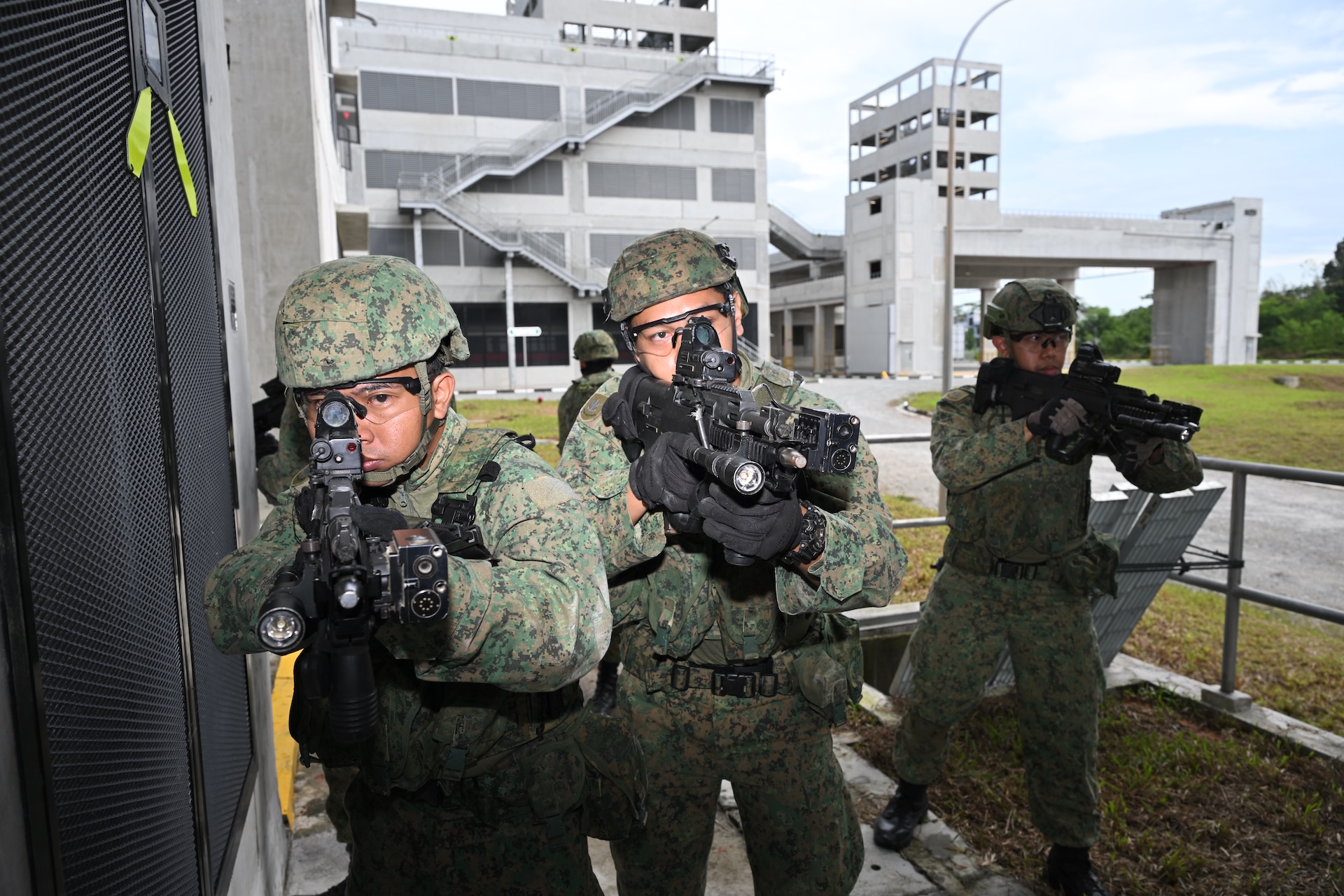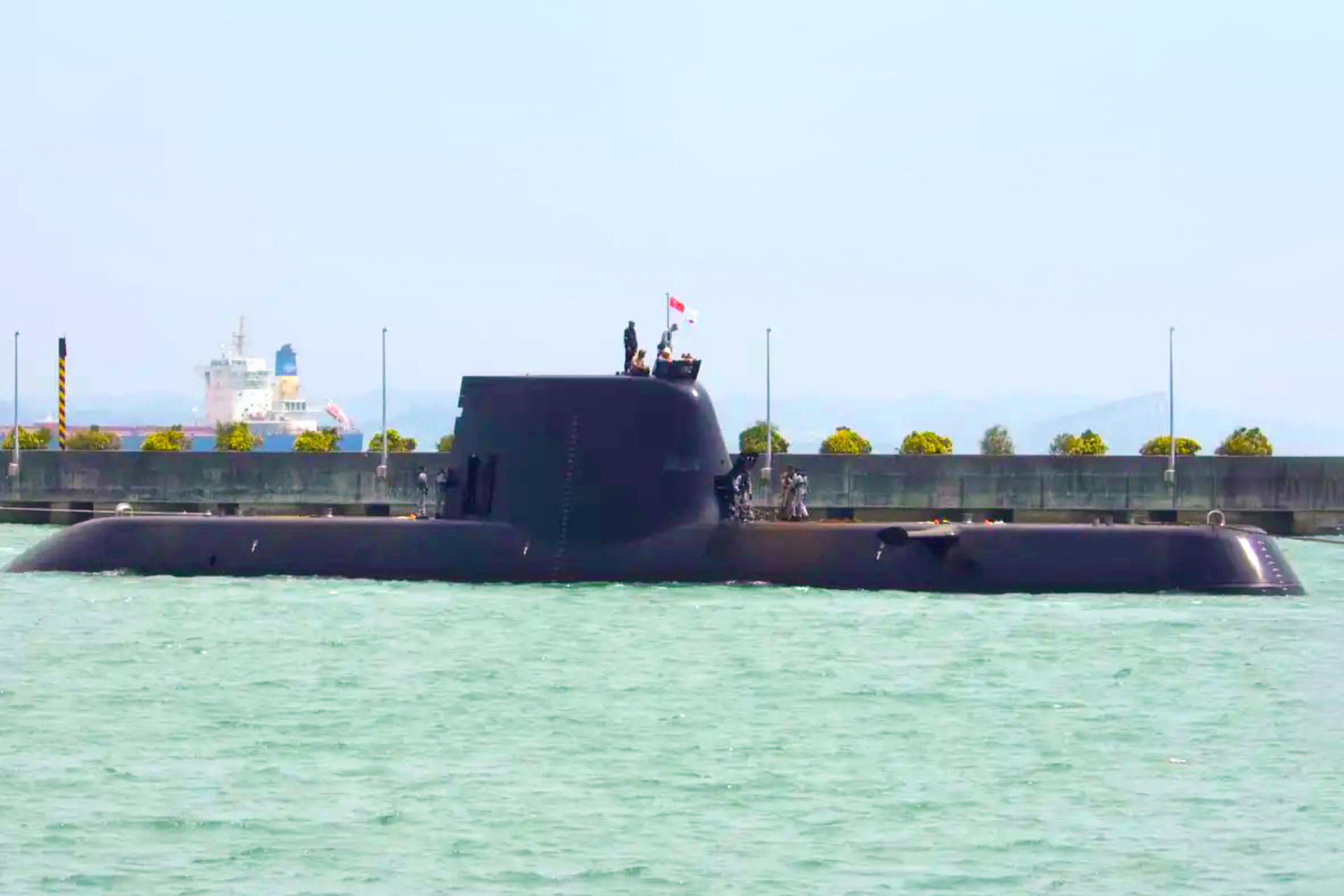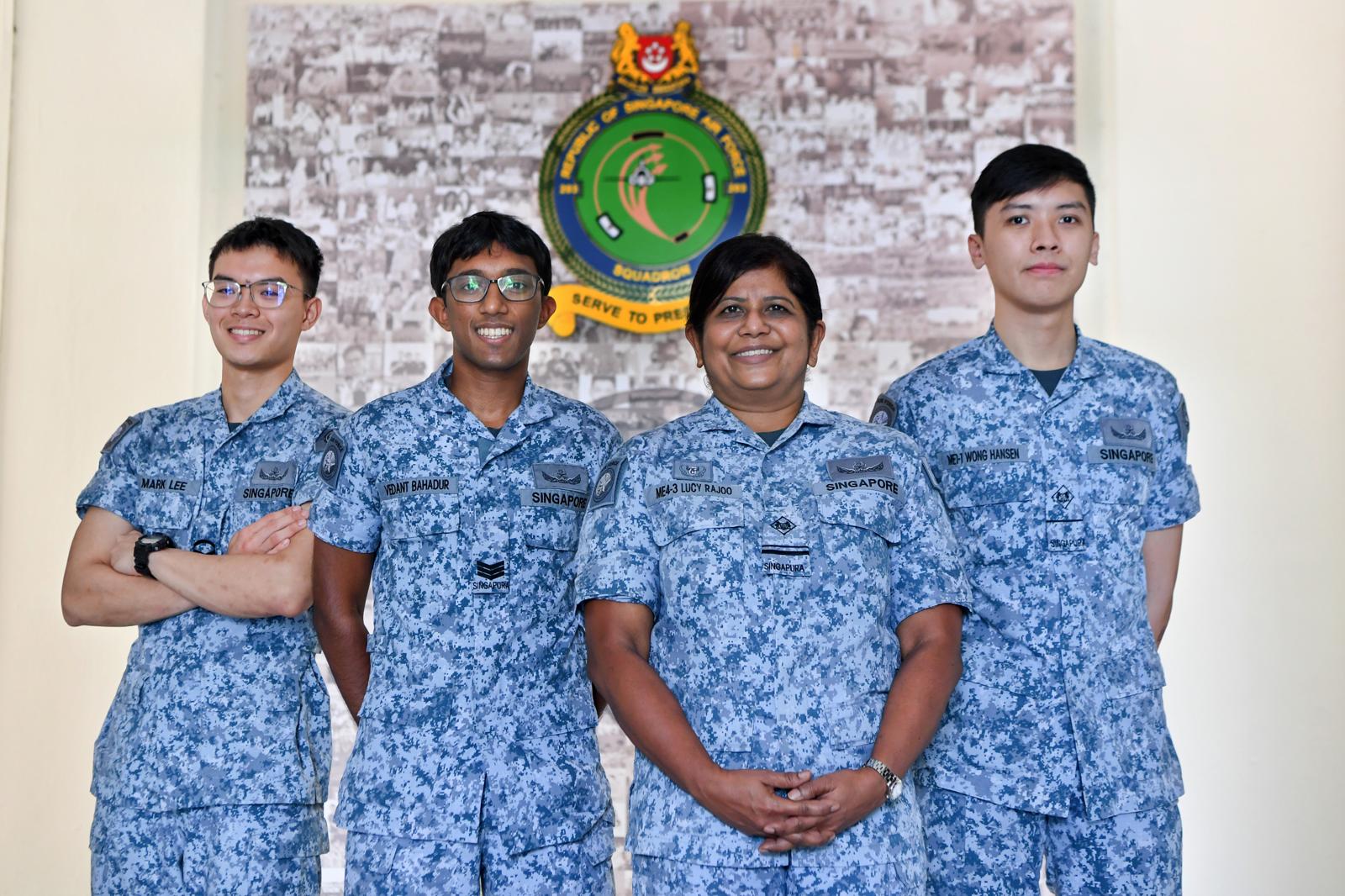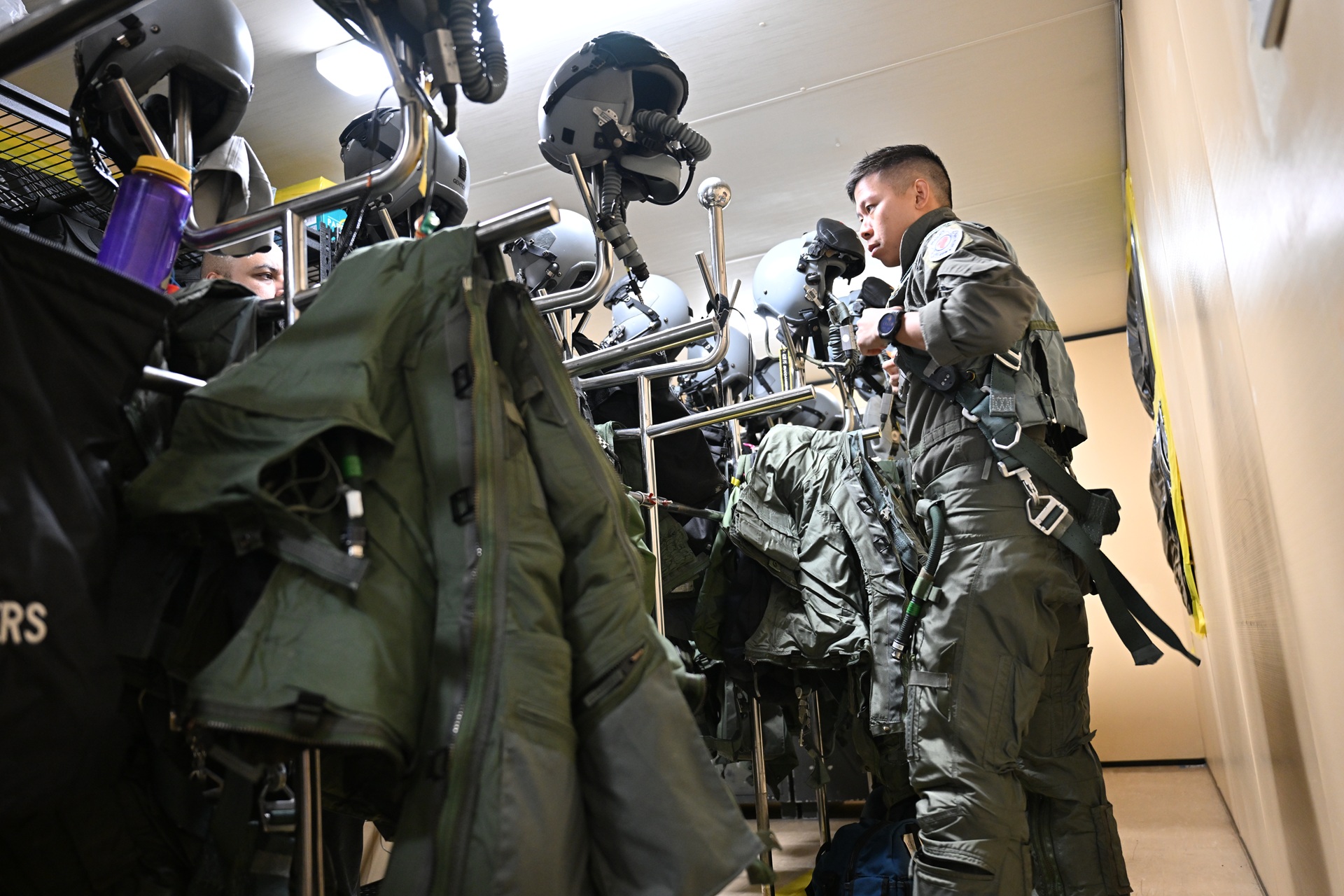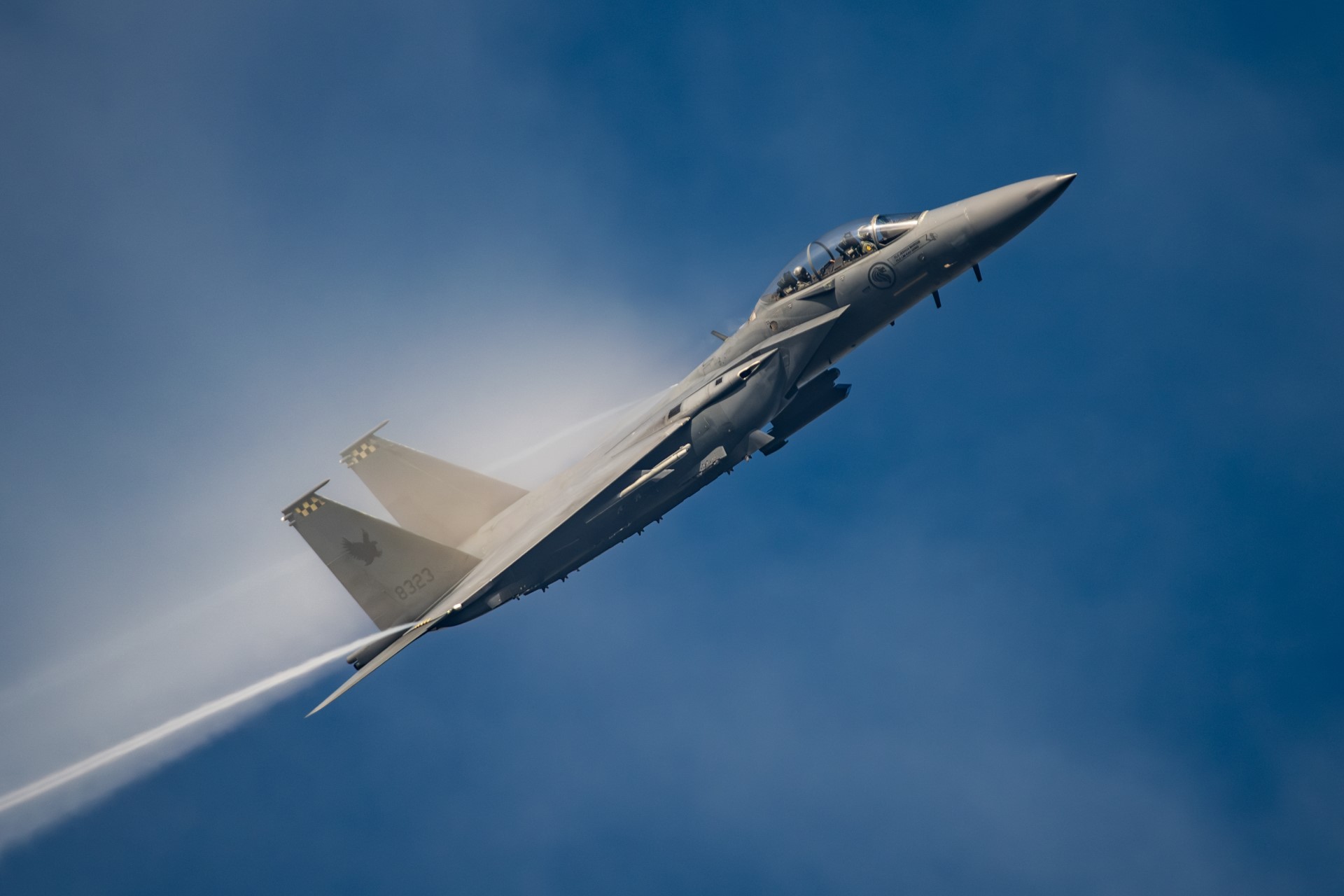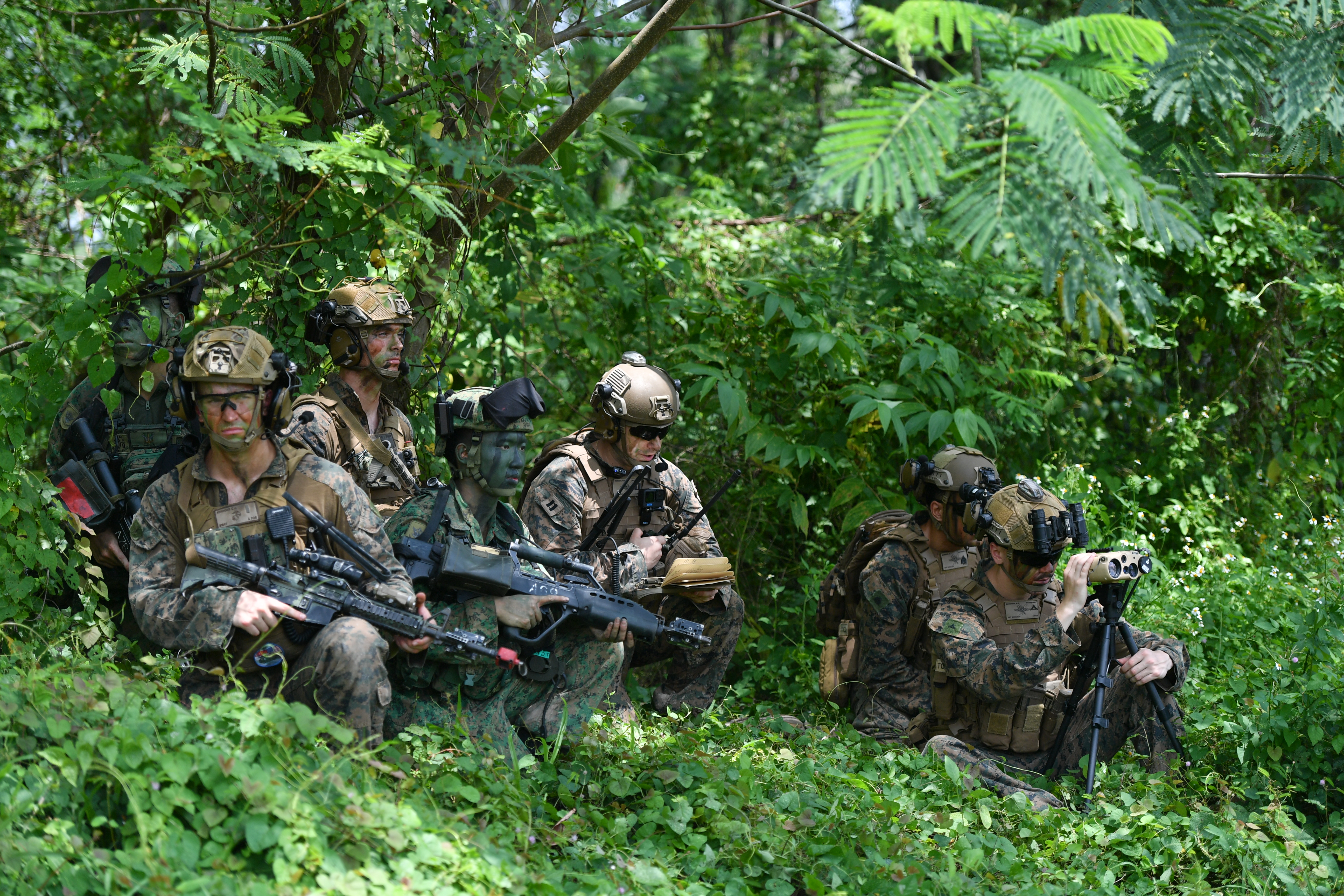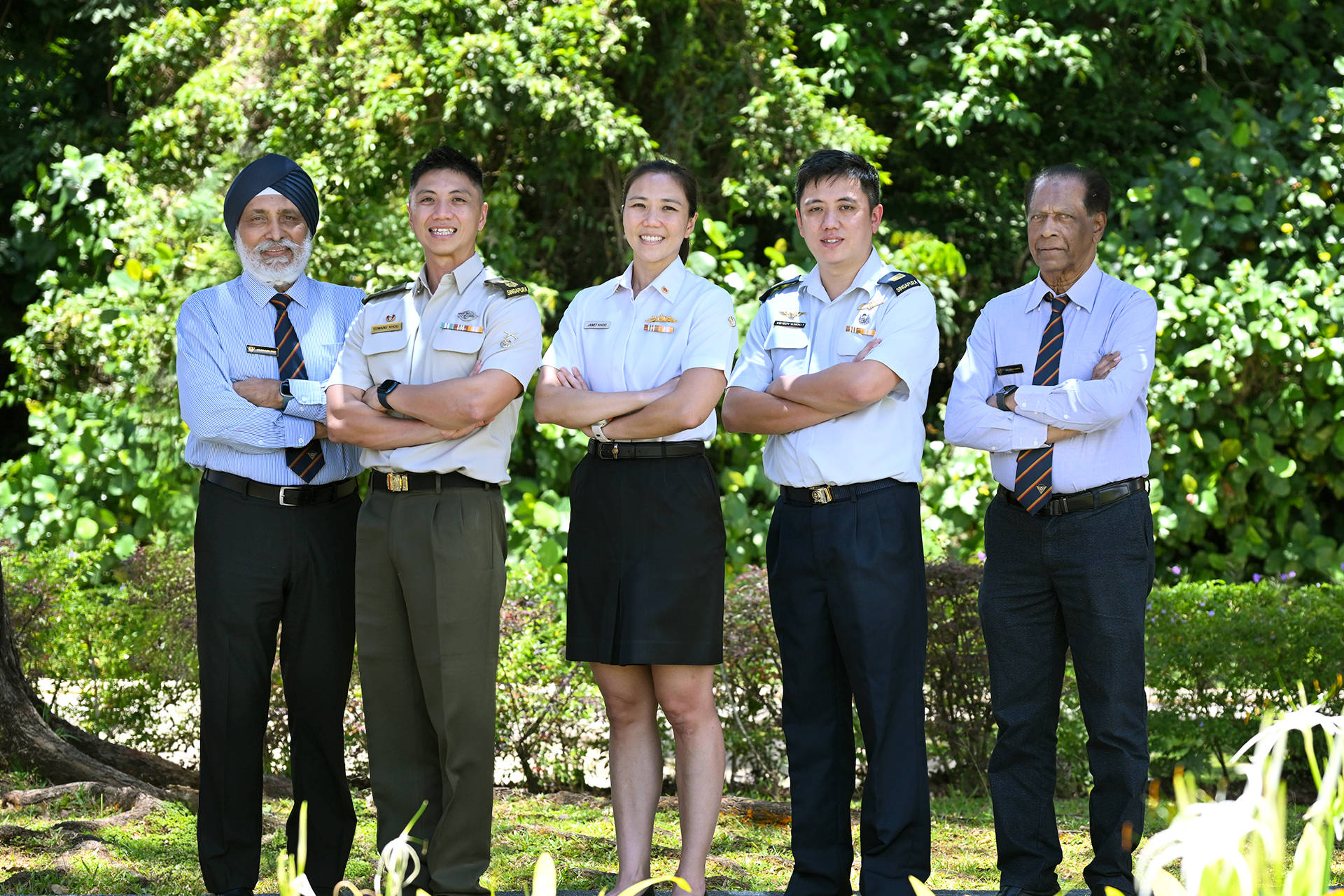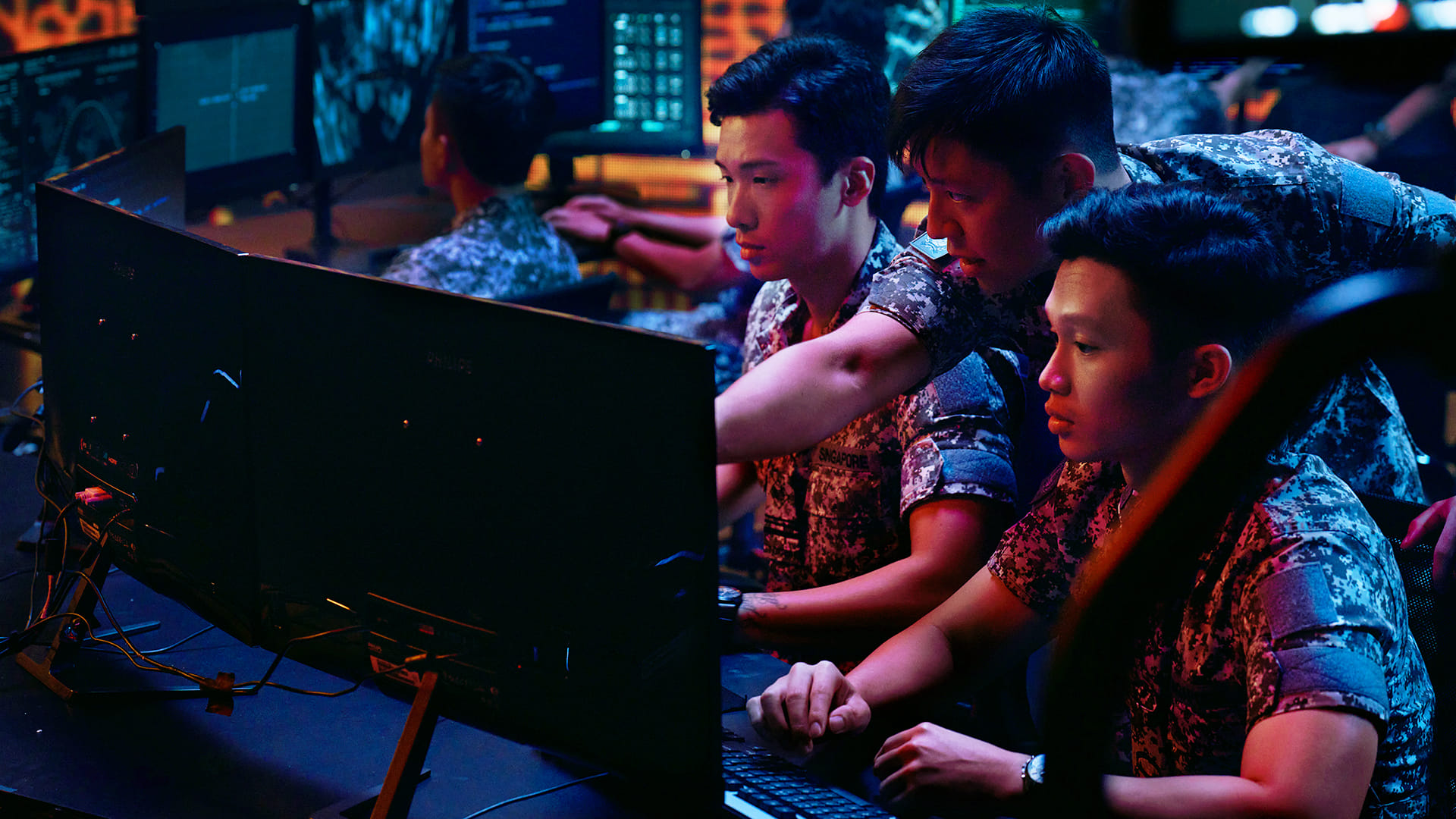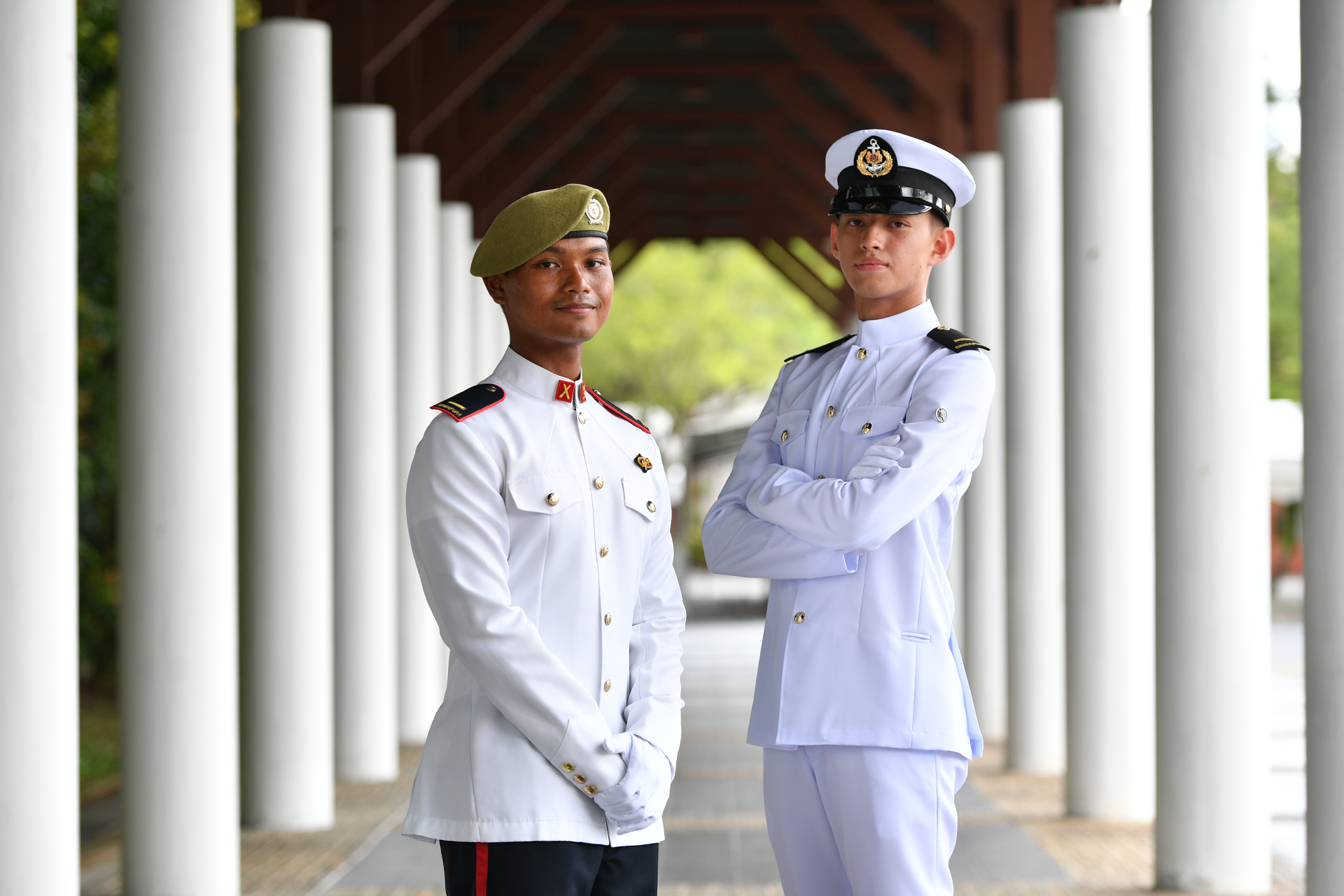IN APPRECIATION OF VOLUNTEER MEDICAL TRAINER
PHOTO // Simon Koh
Medical practitioners would be familiar with Advanced Trauma Life Support (ATLS), a training programme for managing acute trauma cases. However, few may be aware that the introduction of the United States-designed programme in Singapore was actually spearheaded by the Singapore Armed Forces (SAF) Medical Corps back in November 1991.
To date, about 7,500 doctors have been trained in ATLS at the three local training centres: National Healthcare Group Training Centre located at Tan Tock Seng Hospital, Singapore Health Services Training Centre at Singapore General Hospital and SAF Medical Training Institute (SMTI) at Nee Soon Camp.
Of the three, the SAF ATLS training centre is the oldest, and up to 16 courses are organised a year for 24 students each time. To run the two-day courses, the centres rely on a pool of about 25 Course Directors and 200 Instructors to teach the students, all of whom are volunteers from the civilian and military medical faculty.
One such volunteer is Dr Agnes Huang, an anesthetist in the Department of Anaesthesia and Surgical Intensive Care at Changi General Hospital. She has been an Instructor for about a year, lecturing on modules such as the management of airway breathing and circulation in trauma patients. On her reasons for volunteering, she said: "It is a worthwhile course. I am happy to share my knowledge and skills. And it s my small way to contribute and give back to society." To teach, she sometimes takes time off work, or uses her rest days.
During an annual National ATLS meeting held at The Academia in the Singapore General Hospital (SGH) campus on 8 Mar, Lieutenant Colonel (LTC) (Dr) Lo Hong Yee, Deputy Commander SMTI, expressed his gratitude for the volunteers: "The success of the ATLS depends on volunteers. They re vitally important, because they impart skills and knowledge to the juniors and they are teaching out of passion."
LTC (Dr) Lo himself was one of two Course Directors appointed during the meeting, together with LTC (Dr) Chong Si Jack.
As the ATLS courses are attended by both civilian doctors and SAF Medical Officers (MOs) who are either Full-time National Serviceman (NSF) or Operationally Ready National Serviceman (NSman), LTC Lo saw that SAF MOs had much to benefit from the experiences of the Instructors: "A lot of these volunteers are very senior surgeons, anesthetists and doctors. This programme brings a group of very senior volunteers to teach very junior doctors."
Dr Huang, who sees many SAF MOs in her classes, believed that the broad spectrum of ATLS "will definitely help in training and improving their medical capabilities". However, additional modules tailored to suit the requirements of particular groups of attendees-such as SAF MOs-are also available.
"There are standard modules (that all must attend), and there are optional modules that we organise from time to time. In some of these modules, we deal with problems more specific to the military context, such as managing trauma in an out-of-hospital environment or trauma as a result of war injuries." NSman Senior Lieutenant Colonel (SLTC) (NS) (Dr) Kenneth Mak, a Course Director who was also one of the pioneer ALTS Instructors, elaborated on the types of training provided.
Having taught ATLS for 18 years, SLTC (NS) (Dr) Mak, who is also Chairman of the Medical Board in Khoo Teck Puat Hospital, has also borne witness to the capabilities of SAF MOs who have passed through his classroom doors.
"When it comes to the initial management and resuscitation of our patients, I think the SAF MOs are as competent as any of the doctors I see in public hospitals. I think they are able to manage and resuscitate patients well. They know when to transfer the patients quickly to the hospitals for the hospitals to take over. So I'm quite confident that the men will be well looked after."
- gallery-content-A-galler
